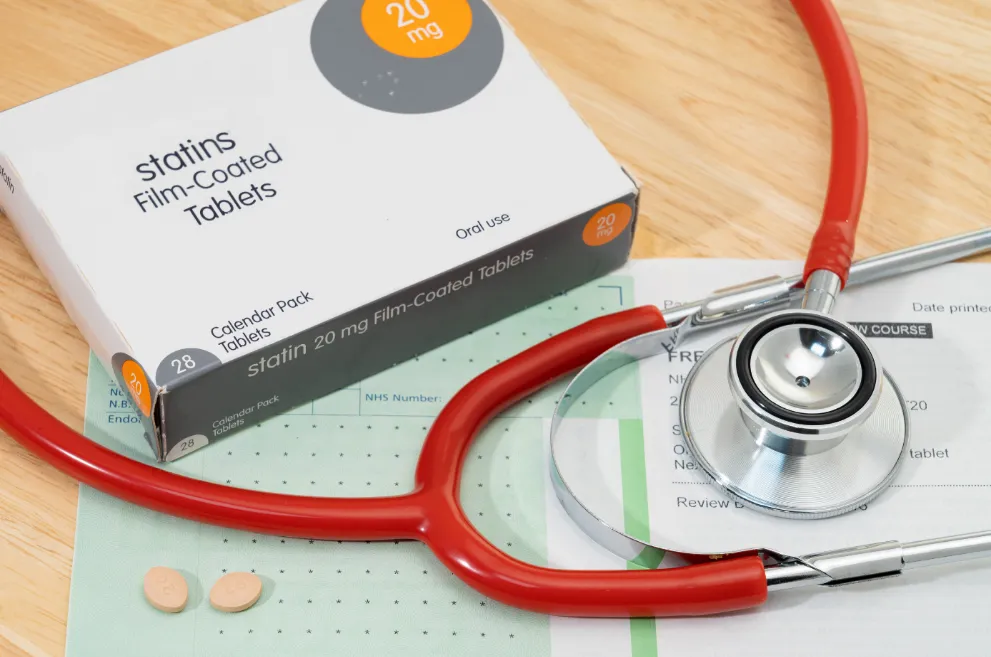What are statins?
Statins are a class of medications that reduce the formation of harmful low-density lipoprotein (LDL) cholesterol. LDL cholesterol can harden blood vessels or cause the development of plaque that restricts blood flow. This has been associated with cardiac or circulation issues. Statins stop this process and lower the chance of a cardiovascular emergency.
Which statin should I take?
Statins are generally safe and effective but the right choice depends on many factors. For instance, you may be limited to a certain type of statin if you take some medications due to comorbidity. Among the factors that determine your choice of statins are:
Possible side effects: Your doctor will want to consider statins with fewer side effects whenever possible. Research shows people who take simvastatin (Zocor) or pravastatin (Pravachol) may experience fewer side effects.
Risk factors: Your doctor may prescribe you high-intensity statins like atorvastatin (Lipitor) or rosuvastatin (Crestor) if you have any of the following risk factors: atherosclerosis at age 75 or up; an LDL cholesterol level of 190mg/dl or higher; or diabetes or other risk factors for cardiovascular disease.
Interaction with azole antifungal medications: Lovastatin (Mevacor) and simvastatin (Zocor) aren’t recommended if you are on an azole antifungal medication such as itraconazole (Sporanox) and ketoconazole (Nizoral). Azole inhibits statin metabolism and increases the risk of myopathy.
Interaction with protease inhibitors: If you are on protease inhibitors such as atazanavir (Reyataz), ritonavir (Norvir), or lopinavir/ritonavir (Kaletra), it is recommended to avoid lovastatin (Mevacor), and simvastatin (Zocor).
Interaction with macrolide antibiotics: Avoid lovastatin (Mevacor) and simvastatin (Zocor) if you are on macrolide antibiotics. Furthermore, you may need a dose adjustment for atorvastatin (Lipitor).
Interaction with cyclosporine: AAFP recommends that you avoid pravastatin (Pravachol) if you are taking cyclosporine (Cequa). You may use other statins such as atorvastatin, lovastatin , rosuvastatin, and fluvastatin (Lescol) but may require a dose adjustment.
What are the side effects of statins?
Common side effects of statins include:
- diarrhea
- constipation
- rash
- headache
On rare occasions, statins can cause liver inflammation, fatigue, cognitive problems, muscle inflammation and pain, and kidney and diabetes risk.
How do statins work?
Statins work in two ways. First, they inhibit the production of cholesterol in the body. Second, they promote the reabsorption of cholesterol that is deposited on your artery walls.
What is the cost of statins?
The cost of statins depends on the specific type and quantity you are prescribed. For example, you can get 30 tablets of generic atorvastatin 20mg for an average price of $77.44 while the brand name (Lipitor) of the same strength and quantity can cost up to $602.33. Use this RxLess resource to check and compare the price of your medications at pharmacies in your area.
Do I have to pay that much to fill my prescription for a statin?
No, you can get all your medications up to 88% off the retail price when you use an RxLess discount coupon. The coupon is free and accepted at most pharmacies, including CVS, Rite Aid, and Walgreens.
















